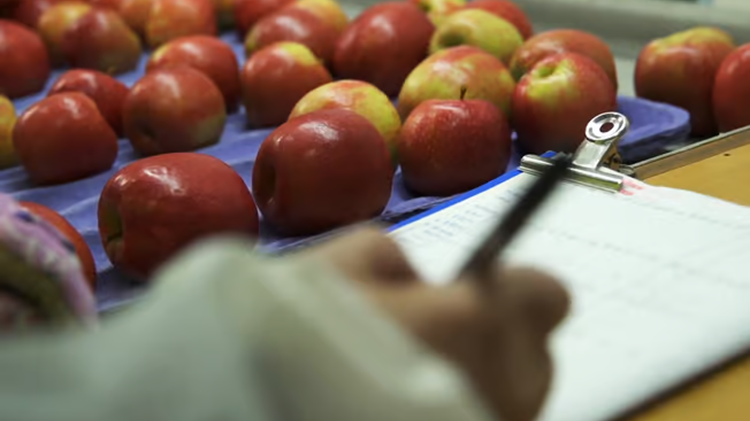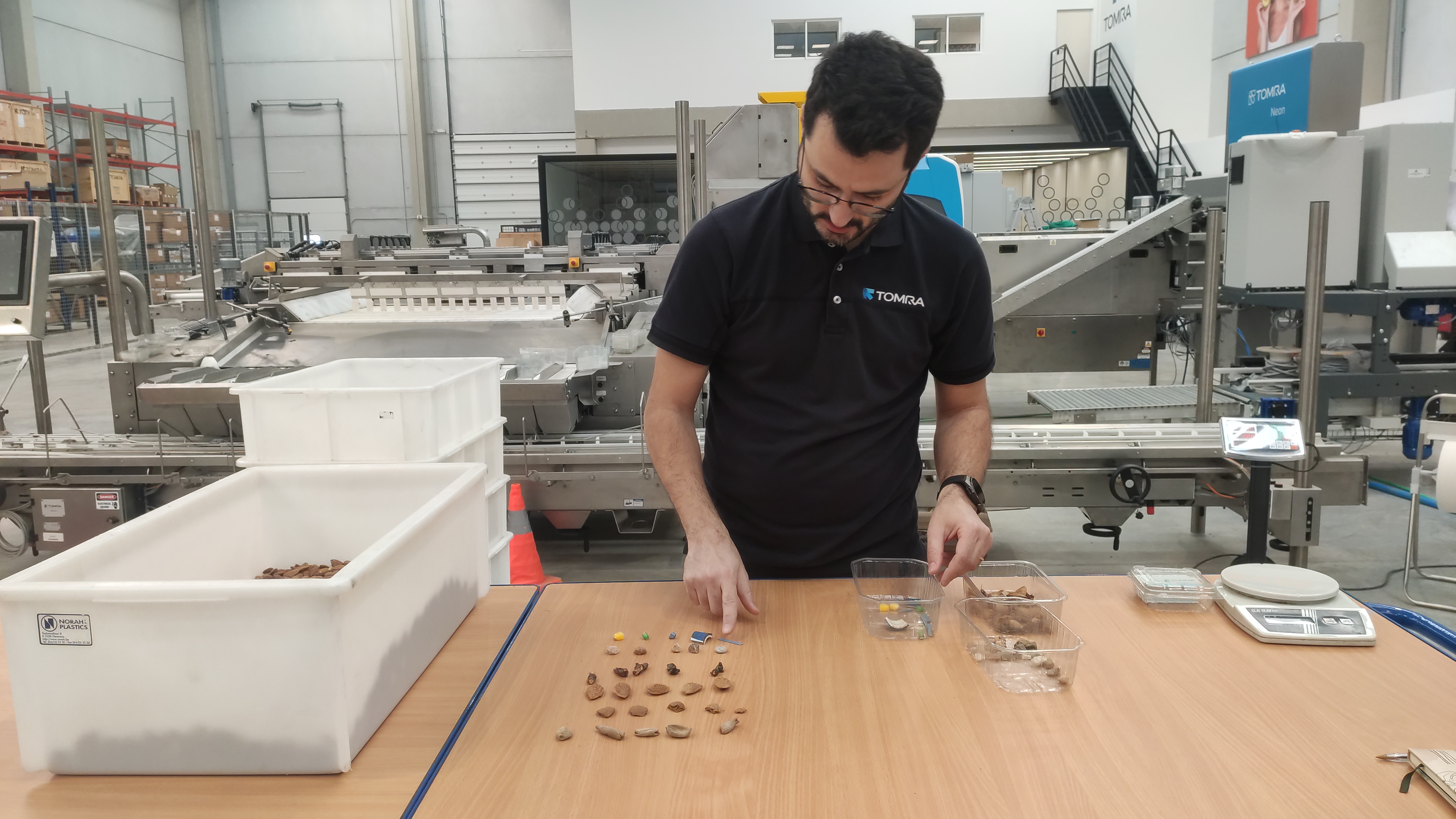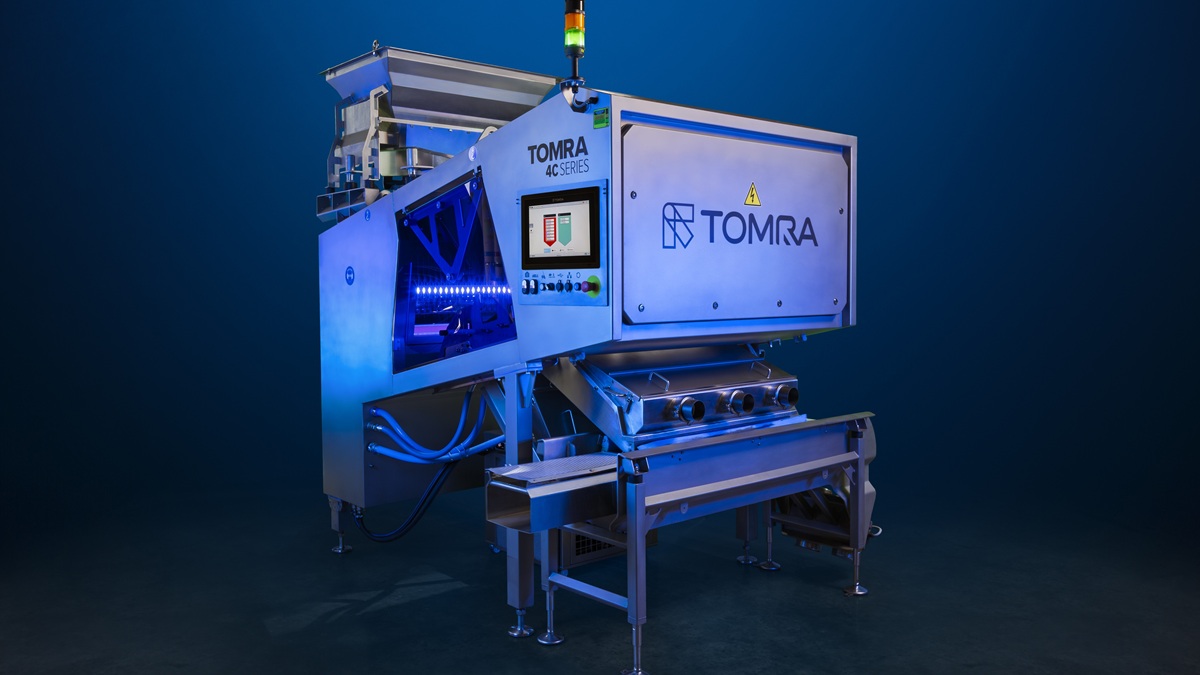Conditioning , Processing
It is time to end food waste
Food waste is a global, billion-dollar problem. As global leader in food sorting and peeling technology TOMRA tries to be very vocal about food waste, addressing the problem and offering solutions to improve the supply chain. The White Paper ?It?s time to end food waste? explores the origins, the reasons and some exciting solutions for the global food waste problem. "The amount of food we waste every year equals to 9 billion fish, 1 trillion bags of potatoes, 75 million cows, 574 billion eggs, 763 billion boxes of pasta, 3.7 trillion apples and enough olive oil to fill 11,000 Olympic size pools. The world needs to produce in the next 40 years the equivalent of all of the food produced in the last 10,000 years.? Among the most interesting topics in the publication ?It?s time to end food waste? is a closer look at the psychology of food waste by Nina Waldhauer at the University of Wageningen. Waldhauer explains how ?(?) the food sector business can create opportunities for reducing consumer-related food
22 November, 2017
Food waste is a global, billion-dollar problem. As global leader in food sorting and peeling technology TOMRA tries to be very vocal about food waste, addressing the problem and offering solutions to improve the supply chain. The White Paper Its time to end food waste explores the origins, the reasons and some exciting solutions for the global food waste problem. "The amount of food we waste every year equals to 9 billion fish, 1 trillion bags of potatoes, 75 million cows, 574 billion eggs, 763 billion boxes of pasta, 3.7 trillion apples and enough olive oil to fill 11,000 Olympic size pools. The world needs to produce in the next 40 years the equivalent of all of the food produced in the last 10,000 years. Among the most interesting topics in the publication Its time to end food waste is a closer look at the psychology of food waste by Nina Waldhauer at the University of Wageningen. Waldhauer explains how (
) the food sector business can create opportunities for reducing consumer-related food waste. It can be done in ways that acknowledge consumer´s goal conflicts about food or the lack of food management capabilities. And in addition to that, the actions can also increase consumer awareness of the negative consequences of food waste (
). The entrepreneurs of KDG are aiming high: The US-based startup plans to reduce food waste by thousands of tons every day and make money in the process. Their solution for the Ferrari of composters is a great example of how food waste is not only an environmental problem, but a promising business. Its time to end food waste illustrates how India could become the global leader on the banana market by simply applying post-harvest technology like better cooling. Another step in agricultural production is sorting: By improving fresh produce sorting with available technologies the food industry could improve its footprint significantly: " (
) By increasing yields by just 1% with better sorting technology, it is possible to increase the final amount of this type of produce in the United States by 11 million tons (
). It seems obvious to call food waste The worlds dumbest problem and a modern problem: About 70 years ago the idea of throwing away food seemed obscene. And since most of agricultural production was still local much less food got lost between producer and consumer. Its time to end food waste shows that food waste offers a lot of potential to make the supply chain more sustainable
and more profitable. Its time to end food waste also features some of the most exciting and creative business ideas and approaches to food waste: Kenyas Fresh box by a young Kenyan inventor, a simple shelf life solution called Wakati, award winning fruit crisps maker Spare Fruit, food waste chef Massimo Bottura and many more. More information and download of the White paper
Related news

LUCAi™ revolutionizes apple sorting with contextual Deep Learning
Conditioning, processing
TOMRA Food











